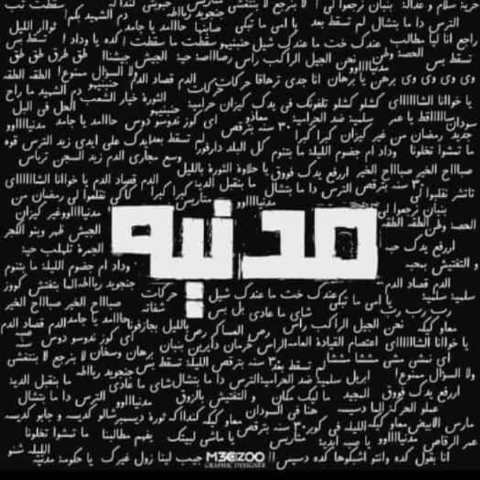Technocracy has been the hot topic of debate in Sudan for the past few months. It means a government made up of professionals and experienced experts on several different key issues, such as infrastructure, education, healthcare, and economics. Technocrats themselves are meant to be apolitical figures in the government. This push comes after years of abhorrent mismanagement and corruption in all avenues of governance in Sudan. The revolution deposed of Omer Al-Bashir and Awad Ibn-Ouf, and still, the long process of dismantling the remaining parts of the regime is only beginning. Throughout this time, the future of civic participation is a continuous topic of debate. Here, technocrats are called upon to help halt the economic freefall of Sudan and improve the state of civil services and industry. This vital priority falls only behind stopping civil war and building a functioning transitional government, according to the Declaration of Freedom and Change Forces.
The Sudanese streets are steadfast in their demands for a representative civilian government, especially after more violence ensued from the Rapid Support Forces (RSF) and security forces during early Ramadan and the sit-in was dispersed by horrific force on June 3rd. Many argue that the first step towards a functioning technocratic government is the removal of military figures from the proposed sovereign council, executive council, and legislative body. Previous proposals called for a presidential council made up of only civilian ‘revolutionary’ figures, with the minister of defense being the sole military position. Others advocated for the inclusion of military personnel in limited capacities, though not as part of the executive council. The details of the most recent July 5th agreement include military figures on the sovereign council, with five of eleven being military representatives and a military head presiding for the first 21 months of the transitional period. It remains to be seen just how the functional duties of the transitional government will be delegated and ultimately carried out. In all cases, selection of technocratic figures is expected to be seen.

Illustration by M3@zoo via gramha.net
In politics, proposals for technocratic government tend to coincide with crises, either economic or political. In post-recession Europe, one major example of technocratic government was the Cabinet of Independent Professionals in Italy under Mario Monti (2011-2013). All well-respected experts, they sought to implement austerity measures and refinance billions of Euros of outstanding debt in Italy. However, they later admitted to caving early on key policy positions and being ill-equipped to deal with the political and social pressures in the country. According to Western nations, technocracy often has a negative connotation and is portrayed as anti-democratic and elitist in nature. Furthermore, many socialist or communist nations (like China and the former Soviet Union) are considered to be technocratic. They have large development agendas and predominate numbers of “scientifically-trained or oriented” government officials driving policy decisions. Still, most prominent democracies such as the United States are considered to be at least partly or semi-technocratic, particularly in regards to ministerial positions.
Similarly, technocracy in Sudan is proposed to be both democratic and civilian, where ministerial technocrats are a potential solution to balance apolitical representatives with other popular representatives in government. In Tunisia, widely recognized as the most successful of the Arab Spring nations, political parties instituted a technocratic transitional cabinet from 2013 to 2015 with engineer Mehdi Jomaa as prime minister. Under their supervision in January of 2014, a new Constitution was drafted and passed. By the end of the year in November and December of 2014, the country held legislative and presidential elections.
Many see the technocratic approach as a way to engage the large, diverse Sudanese diaspora. Diaspora citizens make up a significant percent of the total Sudanese population, having left over the previous decades as immigrants, refugees, and asylum seekers. Many went on to earn advanced degrees and work in professional positions, developing skills transferable to the development of the country. Special attention will be required to address the process and structures for repatriation. Finally, technocracy is also aimed at fixing the deeply-rooted “wasta”, or middleman, system in the country. Often more traditional factors such as family relations, social status, or personal connections are prioritized over merit for hiring decisions in Sudan. This issue is further fueled by the large unemployment crisis among youth and many professions in the workforce, sparking strong feelings of injustice in the distribution of opportunity.
Through this technocratic push, Sudanese people hope to begin building their own future society and transparent institutions, leading to free and fair elections and government. Indeed, the ideal of technocracy offers a promising improvement to the current situation in Sudan, and if done correctly, can represent a future of hope, opportunity, and progress for all citizens.
